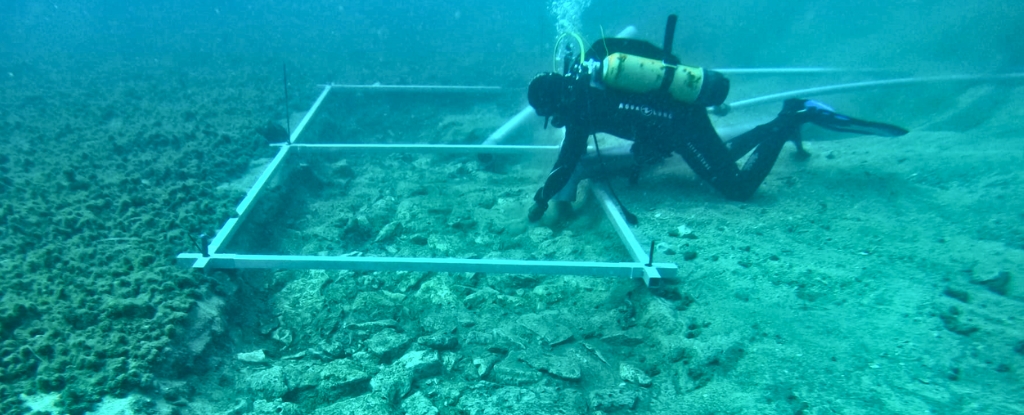
Off the coast of Croatia, an ancient road dating back about 7,000 years has been found.
Archaeologists from the University of Zadar saw unusual buildings off Korula’s western shore and decided to investigate.
They discovered several artifacts as well as a route that dates back to the Neolithic period, about 7,000 years ago.
According to a university release, “Archaeologists found remains that surprised them.”
The stone road is considered to have been erected in approximately 4,900 BC.
Researchers believe it “connected the sunken prehistoric settlement of the Hvar culture.”
Hvar culture dates from the European Neolithic period, often known as the New Stone Age, which lasted between 7,000 and 2,000 BC.
During this time, early humans, like their forebears, employed stone tools, but certain groups of humans began farming instead of living a hunter-gatherer lifestyle.
Around 7,000 years ago, the Hvar people arrived on the islands and shores of the northeast Adriatic Sea, which Croatia borders.
Archaeologist Mate Parica discovered the ancient site of Soline on the ocean floor in 2021, not far from where the road has recently been discovered.
Researchers believe that the newly discovered route connected the communities, which is unusual.
It is hoped that artifacts discovered near the newly discovered path, such as flint blades, stone axes, and millstone shards, may give light on how these early humans lived and traveled.
